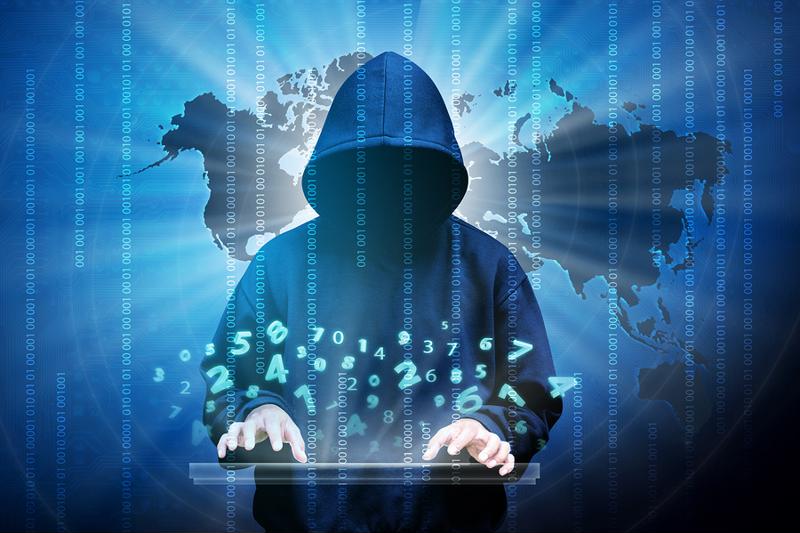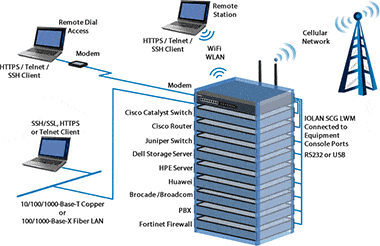
Private organizations and government agencies confront cyberattackers
By Max BurkhalterApril 26, 2017
Approximately 31 high school students from across the country convened at the Tandon School of Engineering at New York University in November of last year. Equipped with laptops and extensive data security skills gained through extracurricular clubs and private study, the teens waded through digital breadcrumbs to unravel a murder mystery in which a fictional presidential candidate expires during a public address on hacking, The New Yorker reported. This simulation was part of an annual conference called Cyber Security Awareness Week. The Tandon School's Department of Computer Science and Engineering has hosted the event since 2003, attracting Ivy League-bound high schoolers who intend to enter the cybersecurity profession post-graduation.
The conference and its mission are indicative of heightened public awareness surrounding cybersecurity. The topic is more popular than ever among Americans, most of whom encounter increasingly regular reminders of the havoc hackers can wreak. An estimated 73 percent believe cyberterrorism is one of the top three threats facing the country, according to research from Gallup. Breach data backs this conclusion. Nefarious coders carried out more than 1,000 large-scale attacks last year, the Identity Theft Resource Center found. This figure represents a year-over-year increase of 40 percent and includes high-profile events such as the attack on the Democratic National Committee which resulted in the release of more than 20,000 internal emails, The New York Times reported.
With these occurrences at the forefront of the national consciousness, government agencies and private organizations are working to secure the digital terrain they helped pioneer. Unfortunately, many have long roads ahead, as outside actors of all kinds search for new ways to infiltrate networks.
"Worldwide, we've created this beautiful thing," Kenyon Prater, one of the CSAW participants, explained. "And then there are a lot of holes."

Digital warfare takes center stage
The incident at the DNC brought cybersecurity into the mainstream and seemingly reignited a Cold War-era grudge match between the U.S. and Russia, as stateside intelligence services linked the Eastern European superpower to the Romanian hacker who executed the data leak. In reality, Russia was simply continuing disruptive espionage activities it had been conducting for decades, The New Yorker reported. The country has been carrying out such offensives since the 1980s, according to national security specialists and former Russian spies. However, these strikes are not designed to cull critical military secrets or destabilize combat assets in preparation for armed conflict. Instead, analysts believe Russia is attempting to disrupt America from within by sewing dissent among citizens and government officials. The DNC hack worked perfectly in this regard, creating turmoil that fed into an already caustic presidential election.
Russia is not America's only digital sparring partner. Chinese intelligence operatives have long targeted web-based assets stored in the states, the MIT Technology Review reported. However, the Asian nation is more concerned with obtaining key intellectual property rather disrupting American democracy. Attacks on government agencies originating from China have indeed decreased in recent years but many data security specialists believe this is less a symptom of stronger defenses more than the direct result of a major tactical shift. Many believe the nation is now more focused on targeting private companies and financial institutions - a strategy other countries such as North Korea employ to great affect, according to The New York Times.
A race to raise defenses
With these variables in mind, legislators, military officials and business leaders are scrambling to implement stronger data security defenses. Earlier this month, the Defense Advanced Projects Agency put out a bid for a new cybersecurity platform designed to defend essential networking hardware against nefarious external actors, according to a news release. The solution, which will be developed as part of the System Security Integrated Through Hardware and Firmware program, would allow the Department of Defense to patch longstanding vulnerabilities ripe for exploitation. In addition to developing new defensive capabilities, the military is also exploring cutting-edge offensive options, Cyber Scoop reported. In March, security contractors Booz Allen Hamilton, Northop Grunman and Raytheon won bids for massive new digital warfare platforms, including the Air Force's Cyber Command and Control Mission System.
"The topic of cybersecurity is more popular than ever among Americans."
While the military ratchets up their systems, many private companies, particularly those in the financial sector, do the same. In August of last year, eight of the largest banks in the country, including Bank of America, Goldman Sachs and J.P. Morgan Chase, announced plans to collaborate on a breach data-sharing effort designed to build sectorwide awareness, The Wall Street Journal reported. This came months after the passage of the Cybersecurity Information Sharing Act, which streamlined breach data-sharing methods between private organizations and government agencies. In October, the Federal Reserve, the Office of the Comptroller of the Currency and the Federal Deposit Insurance Corporation published new digital security standards, Reuters reported. The regulations require banks and other financial institutions to install recovery systems that allow them to regain functionality within two hours following an attack, among other items.
These improvements are essential as hackers, state-sponsored and otherwise, develop new methods for cracking government and private servers. As this work unfolds, data security conscious Americans will no doubt be watching. However, these key entities will not be forced to go it alone. Here at Perle, we work with government and private agencies to develop secure networking infrastructure strong enough to fend off cyberassaults of all kinds. Perle terminal servers underlay the DoD's command and control system, while our console servers and media converters support systems in use at defense magnate Lockheed Martin. Major players within the financial sector use our technology as well, including Citigroup, Deutsche Bank, HSBC, J.P. Morgan Chase and UBS. Interested in learning more about our secure networking solutions? Connect with us today.



